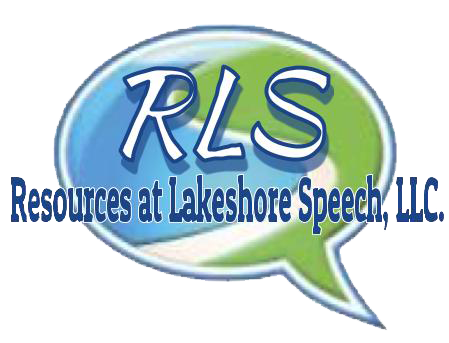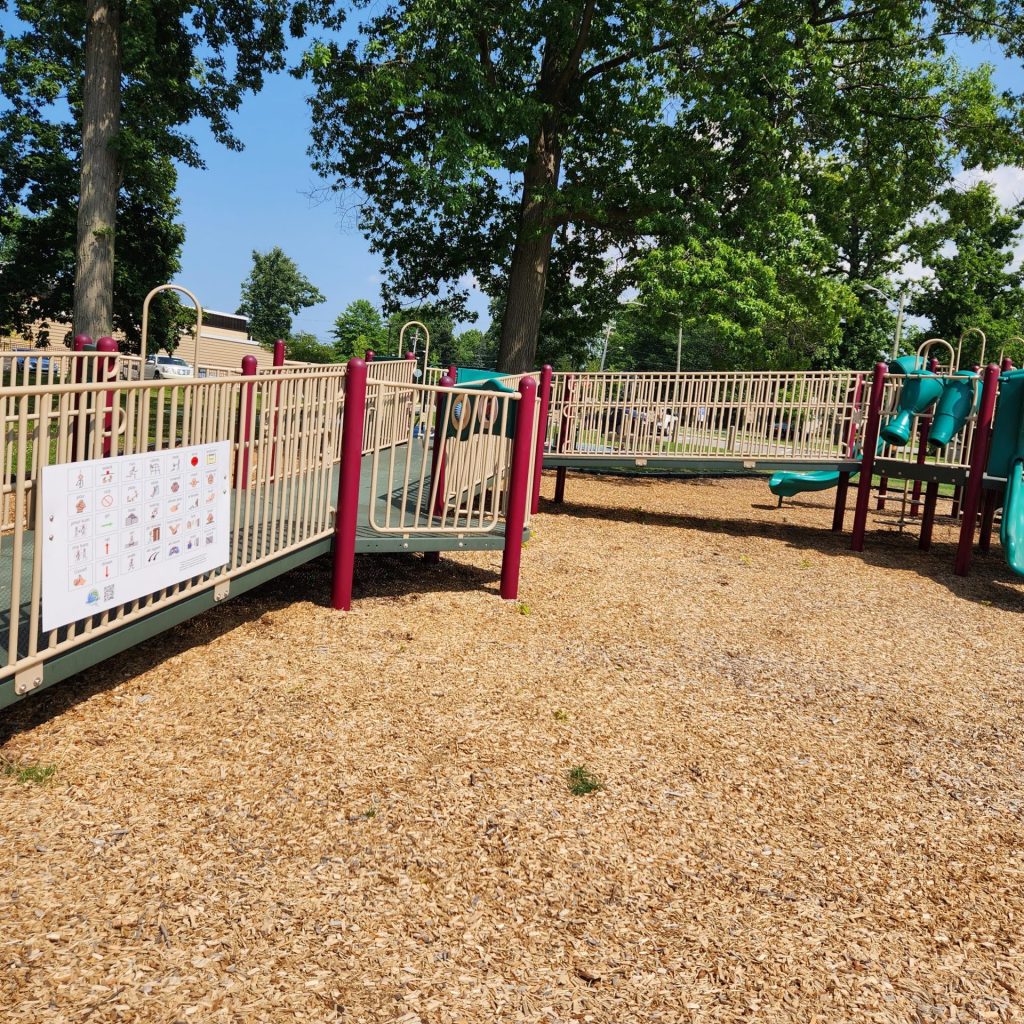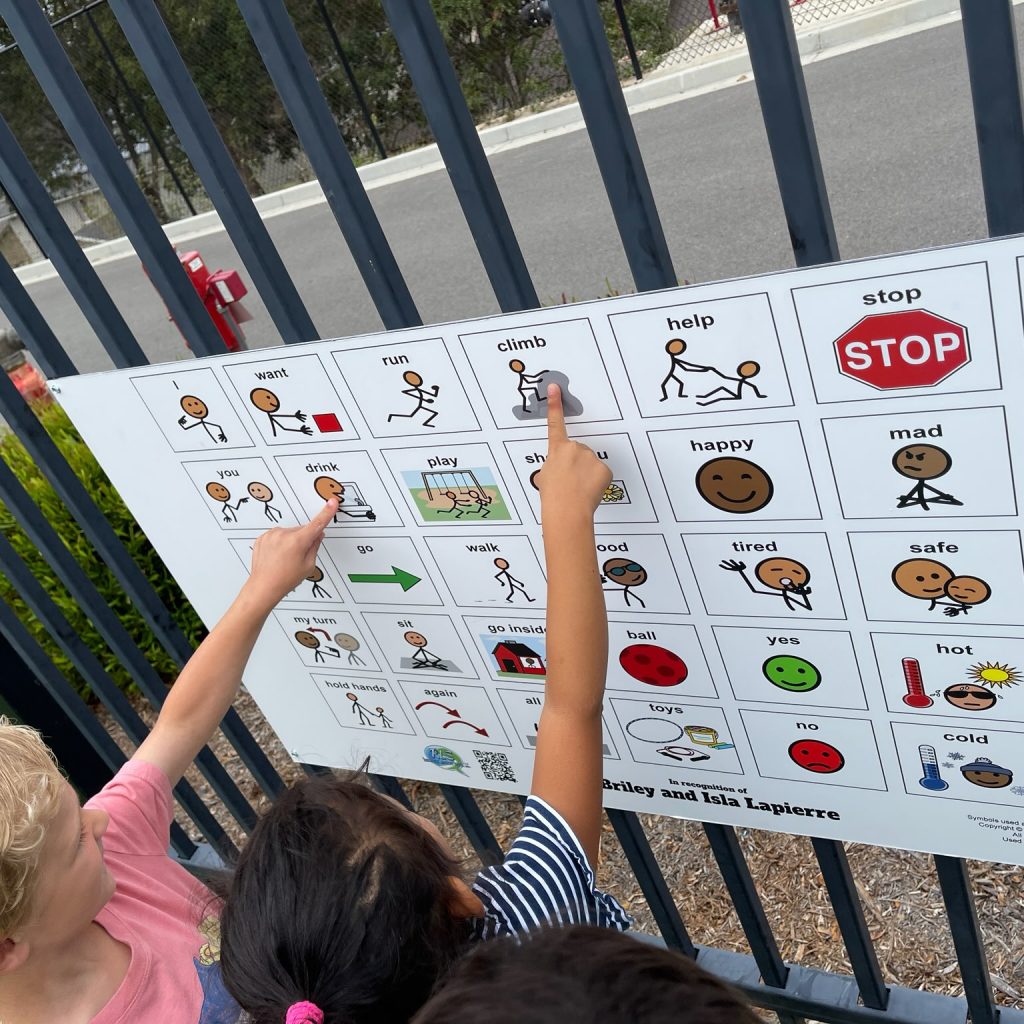Introduction:
As parents, caregivers, teachers, therapists, humans, we strive to help children navigate the complex world of emotions. Emotions are a fundamental part of our daily lives, influencing how we think, feel, and behave. For children, understanding and managing emotions can be especially challenging. Understanding and managing these feelings are crucial for their well-being. Learning how to effectively and clearly express emotions can be challenging for children and adults alike. A powerful tool that can assist in this process is emotional balance communication boards. These boards not only assist with effective communication but provide clear options for dealing with these big emotions.
Understanding Emotional Balance/Regulation:
Being able to clearly explain to adults and children alike how being emotionally balanced or regulated involves recognizing and managing one’s emotions in a healthy and constructive way.
Organizing and naming emotions:
Giving children and adults the exact words to name specific emotions is extremely powerful. When emotions run high (or low) having the tools to either give a child a voice by using a communication board or provide a visual reminder is imperative.
Grouping emotions is a common way to organize a communication board specific for emotional balance/regulation. For example:
- Sad, Tired, Sick, Bored: Low states of alertness and down feelings.
- Happy, Calm, Focused: The optimal state for learning and socializing.
- Frustrated, Anxious, Nervous: Elevated states of alertness and intense feelings.
- Angry, Terrified, Jealous: Extremely heightened states of alertness and intense feelings.
Providing visual reminders
Once an emotion is communicated, providing options to support the child or adult as they manage validates their feelings and teaches life long skills for maintaining emotional balance.
For each group of emotions identified above are specific techniques that are easy to incorporate in any situation. For example:
- Sad, Tired, Sick, Bored: eating or drinking something, asking for a break, talking to a trusted person
- Happy, Calm, Focused: ready to work, ready to learn, listen for instructions
- Frustrated, Anxious, Nervous: counting to 10, taking deep breaths, asking for a break
- Angry, Terrified, Jealous: asking for space, taking a walk, getting a drink of water
Benefits to Children and Adults
- Increased Independence: Using emotional balance communication boards empower children and adults to express their emotions independently, leading to increased confidence and self-esteem.
- Improved Emotional Literacy: Consistent use of emotional balance communication boards can improve an individual’s emotional literacy, helping them better understand and manage their feelings.
- Empathy and Understanding: Using emotional balance communication boards promotes empathy and understanding by encouraging children and adults to recognize and respect others’ emotions.
Tips for Use
- Daily Check-ins- Use the emotional balance communication board for daily check-ins
- Practice Techniques and Strategies: practice the strategies that can help children move from one emotional group to another (e.g., deep breathing for moving from heightened state to calm state).
- Encourage Open Communication: Create a safe space for individuals to discuss their emotions and ask for help when needed
Conclusion:
In conclusion, incorporating emotional balance communication boards can be a powerful way to help children and adults identify, understand, and regulate their emotions. By using this framework, parents and caregivers can support individuals in developing essential emotional skills and techniques that will benefit them throughout their lives.






















